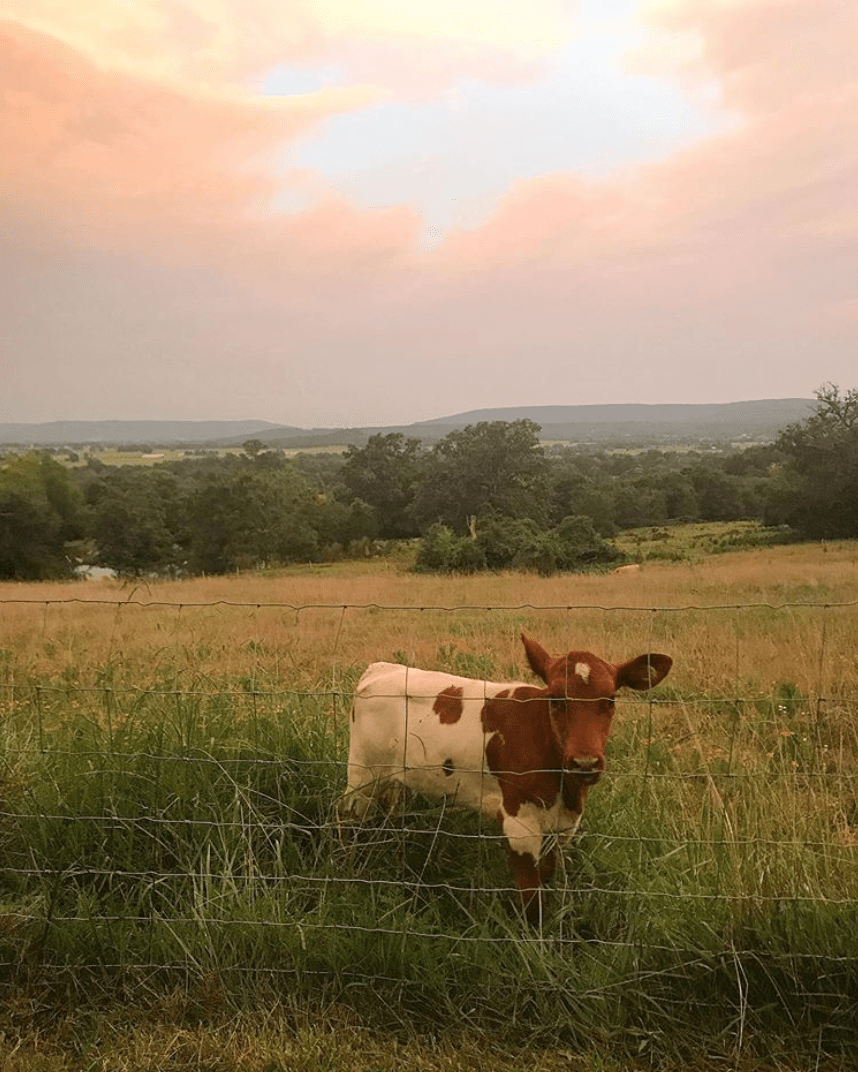October 12 was International Farmers Day, offering a day to celebrate farmers around the world including the 1% of Americans who grow food for not only the US but the world at large. Agriculture is becoming an increasingly popular discussion topic in America’s news cycle today, particularly in the political landscape where presidential debaters are tossing out terms like regenerative agriculture and cattle ranchers are mobilizing against the president they helped elect.
And then Sonny Perdue stood up at the World Dairy Expo in Wisconsin at the end of September and told the audience that he isn’t sure whether the family dairy farm will survive much longer.
It didn’t take long for farmers and agricultural groups to fire back. The dairy industry has been plagued with a number of hardships including declining milk prices, climbing suicide rates, and a shift towards more large-scale dairy business models. Wisconson has lost roughly 551 dairy farms in 2019 alone. I’ve written about dairy tech extensively for AFN, including a roundup of technologies developed specifically for the dairy industry. But as my articles usually note, the technologies are only useful if the already cash-strapped farmers can afford them.
I’ve also recently written about a former dairy entrepreneur who has decided to take the leap to the plant-based dairy alternative industry due to what he sees as major momentum in shifting consumer preferences.
Perdue’s comment – “In America, the big get bigger and the small go out,” — isn’t a new sentiment. President Nixon’s Secretary of Agriculture Earl Butz told farmers to get big or get out back in the 1970’s. Although dairy may be feeling the most pressure, the challenges of maintaining a small farm business in the face of growing consolidation are not unique to the milk industry.
Today, there are only two million farms, down from an estimated 7 million in 1935. Of those two million farms, 88% are classified as small farms, according to USDA data, with small family farms operating 48% of all US farmland. The USDA defines a small farm as an operation with gross farm income under $250,000. Small farms account for 58% of direct-to-consumer sales (think farmers’ markets and CSAs), helping satisfy consumers’ skyrocketing appetite for a different relationship with their food.
Shockingly, only 16% of small farms depend on their farming operation for the majority of their household income. Most primary operators at small farms hold off-farm employment (‘our town job,’ as we say) to secure health benefits and steady income.
As an agri-foodtech journalist and a small farmer myself, I spend a lot of time studying new technologies that promise farmers the ability to produce more with fewer inputs, increase their profitability while also improving their stewardship. Typically these technologies target the largest farms.
I understand the realities of the venture world and that investors need to see a certain scale when it comes to the addressable market to ensure their investment has the best chances at performing well. Small farmers are so cash strapped that they may be the least likely to entertain a new technology so it makes sense that entrepreneurs might focus on the larger operations with deeper pockets to start with.
But I could also argue that small farmers, with their thin margins and lack of an employee roster to help around the farm, are the ones who need technology the most.
I’ll admit, my colleagues and I who manage around 400 acres of ranchland between us, have never even considered adopting one of the growing number of grazing tools available today; beyond the obvious concerns about cost, many of my farmer colleagues struggle to see the value proposition; “Can software really perform better than the decades of experience I have managing this herd?” is a typical view. But is that because technology is not being developed with small farms at top of mind, or because small farmers simply aren’t interested in technology?
There are plenty of technologies intended to benefit smallholder farmers in other parts of the world. Kenyan fintech startup Tulaa, for example, uses mobile technology and AI to allow smallholder farmers to access inputs, credit and offtake markets in the country by connecting them to suppliers, buyers, and banks. There’s also AgFunder portfolio companies DeHaat, which provides marketplace services to small farmers in India, and WeFarm, which boasts a 1 million-member farmer information network in Africa with a recently launched ag marketplace feature. There are, in fact, at least 10 other agritech startups tackling challenges for smallholder farmers in Sub-Saharan Africa offering solutions in data analytics, cold storage, and irrigation.
But in the US, there appear to be fewer. Some examples I recently came across include Native that connects small farmers with local buyers and restaurants — and other farm-to-consumer tools would also fit here. Crowdfunding platform, Steward, works with small farms in a very different way, allowing individual investors to invest as little as $100 into small, sustainable farms that are having trouble accessing resources like government programs and bank loans.
Perhaps, as technologies developed to serve large-scale farms achieve market saturation, their price point may fall or me-too companies may develop iterations that are customized to small farm needs. But which startups out there today are focused on small farms? Without seeing startups’ client lists, it’s hard to know who is innovating for small farmers or serving them with technological solutions. I’m hoping the agtech industry isn’t also sending a less-than-friendly message to America’s small farmers.
Here’s where you, our beloved readers, can help: Are you a startup that innovates for small farmers? Are you an agrifoodtech business with several small farmers as clients? I want to hear from you and to learn more about the agtech landscape for small farmers in America. Get in touch: [email protected].





